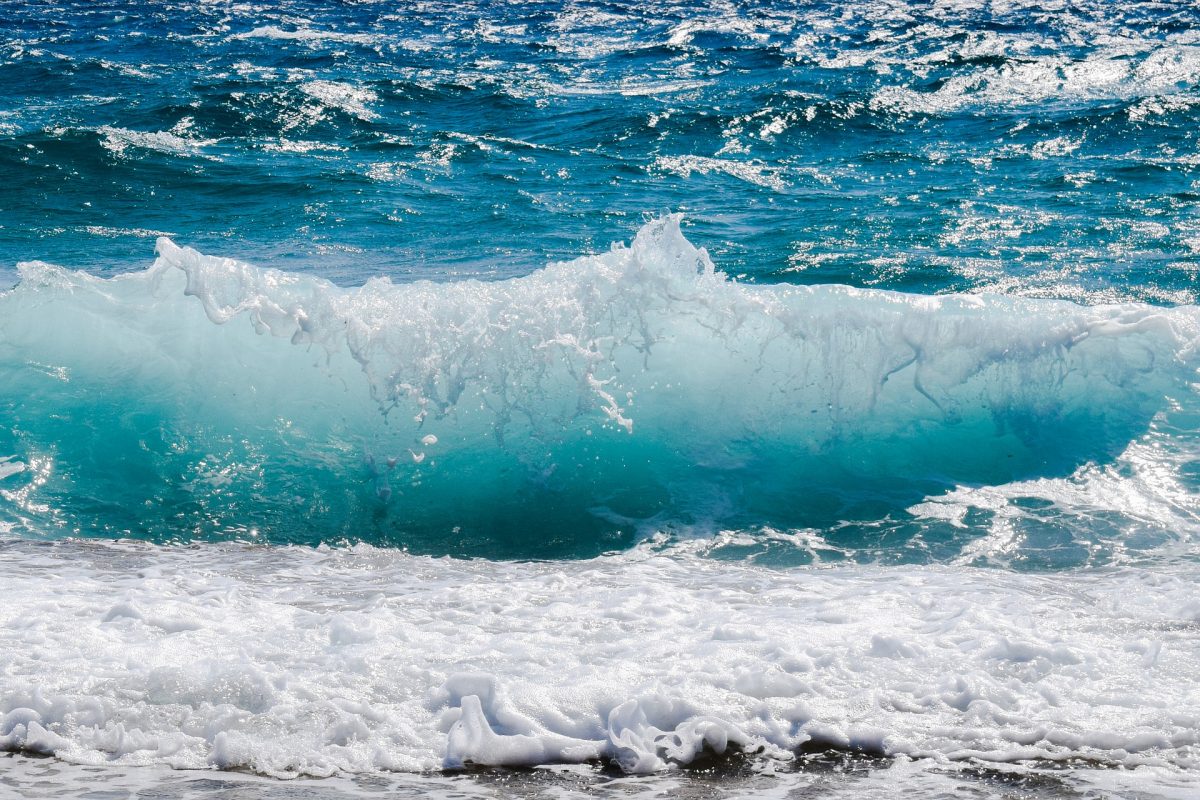
Background
In its “Future Science Brief” report of April 2018, the European Marine Board highlights the vital issue of marine graduate training for the sustainability of the blue economy. This report also proposes a vision and recommendations for the training of future professionals in this sector of activity in order to be able to respond to the challenges of the blue economy and seize all opportunities.
The blue economy: challenges and opportunities
The European Commission says that “that the ‘blue’ economy represents roughly 5.4 million jobs and generates a gross added value of almost €500 billion a year”1.
However, this Blue Growth implies a reasoned exploitation to be sustainable, which implies a better awareness and understanding of the marine ecosystems and the complex relationships between the humans and the marine environment.
This dynamic includes the development of activities related to the exploitation of marine renewable energies (wind power, wave energy, hydraulics or even thermal energy of the seas). Indeed, this sector is pursuing significant development and will require qualified graduates, trained to address multidisciplinary technical issues, but also to tackle environmental and governance challenges.
Masters and Doctorates in marine sciences and engineering will train the future professionals that will have to be able to sustain innovations but also manage complex challenges.
It is therefore necessary to ensure that these graduate marine trainings will train highly qualified professionals able to respond to the challenges of the blue economy and seize new opportunities.
6 recommendations for training
In this context, the European Marine Board has published a new report, the Future Science Brief, which lists six recommendations for modernizing and preparing the European marine Masters and doctorates landscape to support the development of this sector of activity:
- Modernise all marine graduate training programmes;
- Develop training content by engaging the wider marine community across academia, government (policy & funding) and industry;
- Maximise recruitment of students and professionals to take an interest in marine graduate training and blue careers;
- Advance the European Higher Education Area for marine science and technology –structuring the landscape;
- Deliver relevant policy support initiatives to address the gap between marine graduate training and Blue Growth;
- Establish long-term, flexible funding instruments and national and EU level to support innovative marine training.
1. https://ec.europa.eu/maritimeaffairs/policy/blue_growth_en
Sources
Vincx, M., Antia, A., Deprez, T., Fiksen, O., Koski, M., Mackenzie, B., McGrane, P., O’Carroll, C., Olsen, J., Menezes Pinheiro, L., Ribera d’Alcala, M., Roullet, G. (2018) Training the 21st Century Marine Professional: A new vision for marine graduate education and training programmes in Europe. Kellett, P., Larkin, K., Heymans, J. J., McDonough, N., Wouters, N., Chu, N-C. [Eds.] Future Science Brief 2 of the European Marine Board, Ostend, Belgium. 47pp. ISBN: 9879492043511. ISSN: 2593-5232

